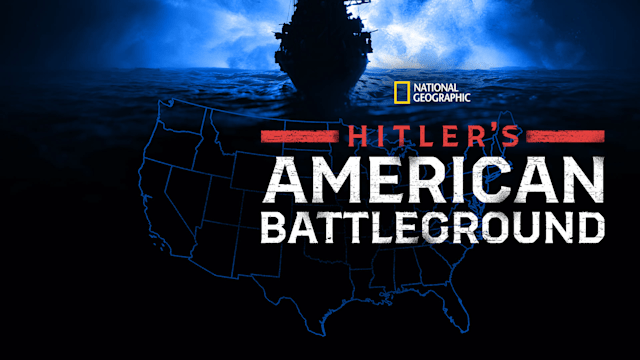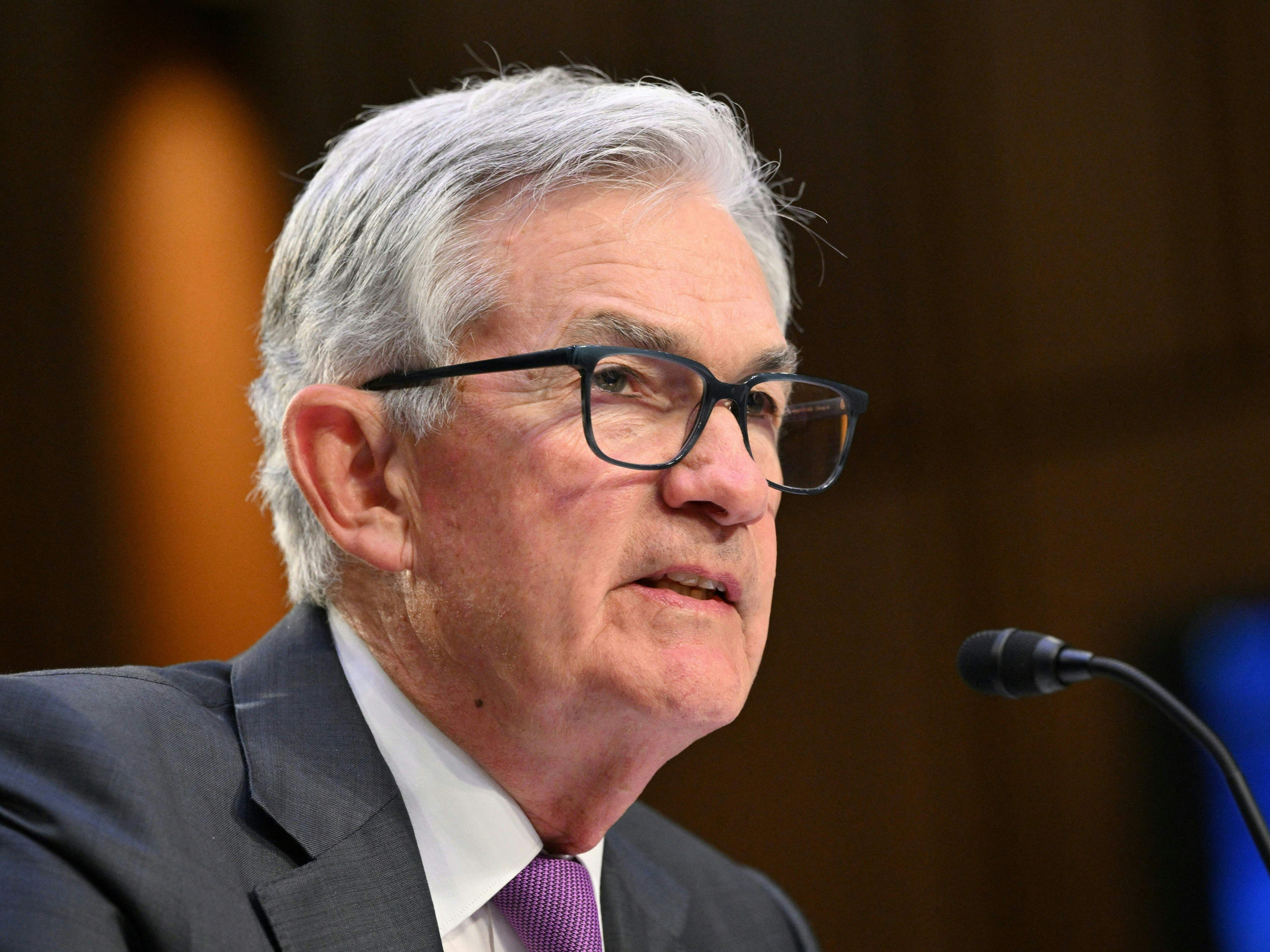FTC Appeals Microsoft-Activision Merger Ruling

Table of Contents
The FTC's Arguments Against the Merger
The FTC's antitrust lawsuit centers on concerns about monopoly power and market dominance. The core argument revolves around the potential for anti-competitive behavior following the merger. Key concerns include:
-
Call of Duty Exclusivity: The FTC argues that Microsoft could leverage its ownership of Activision Blizzard to make Call of Duty, a massively popular franchise, exclusive to its Xbox platform. This would significantly harm competitors like Sony's PlayStation, potentially driving gamers to the Xbox ecosystem. This action could create an unfair competitive advantage for Microsoft.
-
Market Dominance: The FTC contends that the merger would give Microsoft undue influence over several key segments of the gaming market, including console gaming, PC gaming, and the rapidly expanding cloud gaming sector. This market dominance, the FTC argues, would stifle innovation and limit consumer choice.
-
Stifling Innovation: By consolidating significant market share, the FTC believes the Microsoft-Activision merger would reduce the incentive for innovation. Smaller competitors might struggle to compete against a behemoth like Microsoft controlling a vast portfolio of popular game titles.
-
Inadequate Judicial Review: The FTC's appeal alleges that the initial court ruling failed to adequately address the potential for anti-competitive behavior. They argue the judge underestimated the long-term risks to competition in the gaming market.
The FTC's legal filings cite numerous examples to support their claims, including internal Microsoft communications and market analysis highlighting Activision Blizzard's significant market presence. Statements from FTC officials emphasize the potential harm to consumers if the merger is allowed to proceed without further scrutiny.
Microsoft's Defense of the Merger
Microsoft counters the FTC's arguments, emphasizing the benefits of the acquisition for gamers and the broader gaming industry. Their defense rests on several key points:
-
Call of Duty's Continued Availability: Microsoft has repeatedly committed to keeping Call of Duty available on PlayStation for at least a decade following the acquisition. They’ve presented this commitment as a significant concession, aiming to alleviate concerns about exclusivity.
-
Accelerated Innovation in Cloud Gaming: Microsoft highlights the potential for the merger to accelerate innovation in the cloud gaming market. They argue that combining Activision Blizzard's game portfolio with Microsoft's Azure cloud infrastructure would benefit consumers by providing wider access to games across various devices.
-
Increased Competition, Not Reduced: Microsoft maintains that the merger will not reduce competition but will instead create a more dynamic and competitive landscape. They argue that the combined entity will lead to more innovation and better gaming experiences for all players.
-
Gaming Industry Consolidation: Microsoft also points to a long history of consolidation within the gaming industry, arguing that their acquisition is simply a continuation of this trend and not necessarily a threat to competition. This argument acknowledges the realities of mergers and acquisitions within the industry.
Microsoft's defense includes statements from executives, outlining their commitment to fair practices and emphasizing the benefits of the acquisition for gamers and developers.
The Appeal Process and Potential Outcomes
The FTC's appeal will now be considered by the Ninth Circuit Court of Appeals, a process that could take many months, even years, to complete. The potential outcomes are multifaceted:
-
Upholding the Original Ruling: The court could affirm the lower court's decision, allowing the merger to proceed. This outcome would likely require a strong dismissal of the FTC's anti-competitive concerns.
-
Overturning the Ruling: The court could overturn the lower court's decision, blocking the merger. This would represent a major victory for the FTC and set a strong precedent regarding antitrust enforcement in the tech industry.
-
Remand to Lower Court: The court might send the case back to the lower court for further consideration, potentially requesting more evidence or a reevaluation of existing evidence. This would further delay the final resolution of the merger.
The outcome of this appeal will have significant implications, not just for Microsoft and Activision Blizzard, but for future mergers and acquisitions in the tech sector. The legal precedents established by this case could influence the regulatory landscape for years to come, impacting how regulatory bodies approach large-scale mergers and antitrust concerns.
Conclusion
The FTC's appeal against the Microsoft-Activision merger highlights the intricate complexities of antitrust law in the dynamic tech sector. The outcome will have far-reaching consequences for the gaming industry and provide valuable insight into future merger approvals. The debate centers on balancing the potential risks of anti-competitive behavior with the potential benefits of industry consolidation and innovation, particularly within the quickly evolving cloud gaming market. Understanding the implications of this landmark legal battle is critical for anyone concerned with the future of gaming and the competitive forces shaping the tech industry.
Call to Action: Stay updated on the latest developments in this crucial case by following our ongoing coverage of the FTC Appeals Microsoft-Activision Merger Ruling. Understanding the intricacies of this legal battle is vital for anyone invested in the future of the gaming industry.

Featured Posts
-
 Green Bay Hosts Nfl Drafts First Round What To Expect
Apr 26, 2025
Green Bay Hosts Nfl Drafts First Round What To Expect
Apr 26, 2025 -
 Ray Epps Sues Fox News For Defamation January 6th Allegations At The Heart Of The Lawsuit
Apr 26, 2025
Ray Epps Sues Fox News For Defamation January 6th Allegations At The Heart Of The Lawsuit
Apr 26, 2025 -
 American Battleground The High Stakes Fight Against A Billionaire
Apr 26, 2025
American Battleground The High Stakes Fight Against A Billionaire
Apr 26, 2025 -
 The Long Reach Of The Presidency A Rural School 2700 Miles From Dc And Trumps Impact
Apr 26, 2025
The Long Reach Of The Presidency A Rural School 2700 Miles From Dc And Trumps Impact
Apr 26, 2025 -
 Trumps Legacy A Herculean Task For The Next Federal Reserve Chair
Apr 26, 2025
Trumps Legacy A Herculean Task For The Next Federal Reserve Chair
Apr 26, 2025
